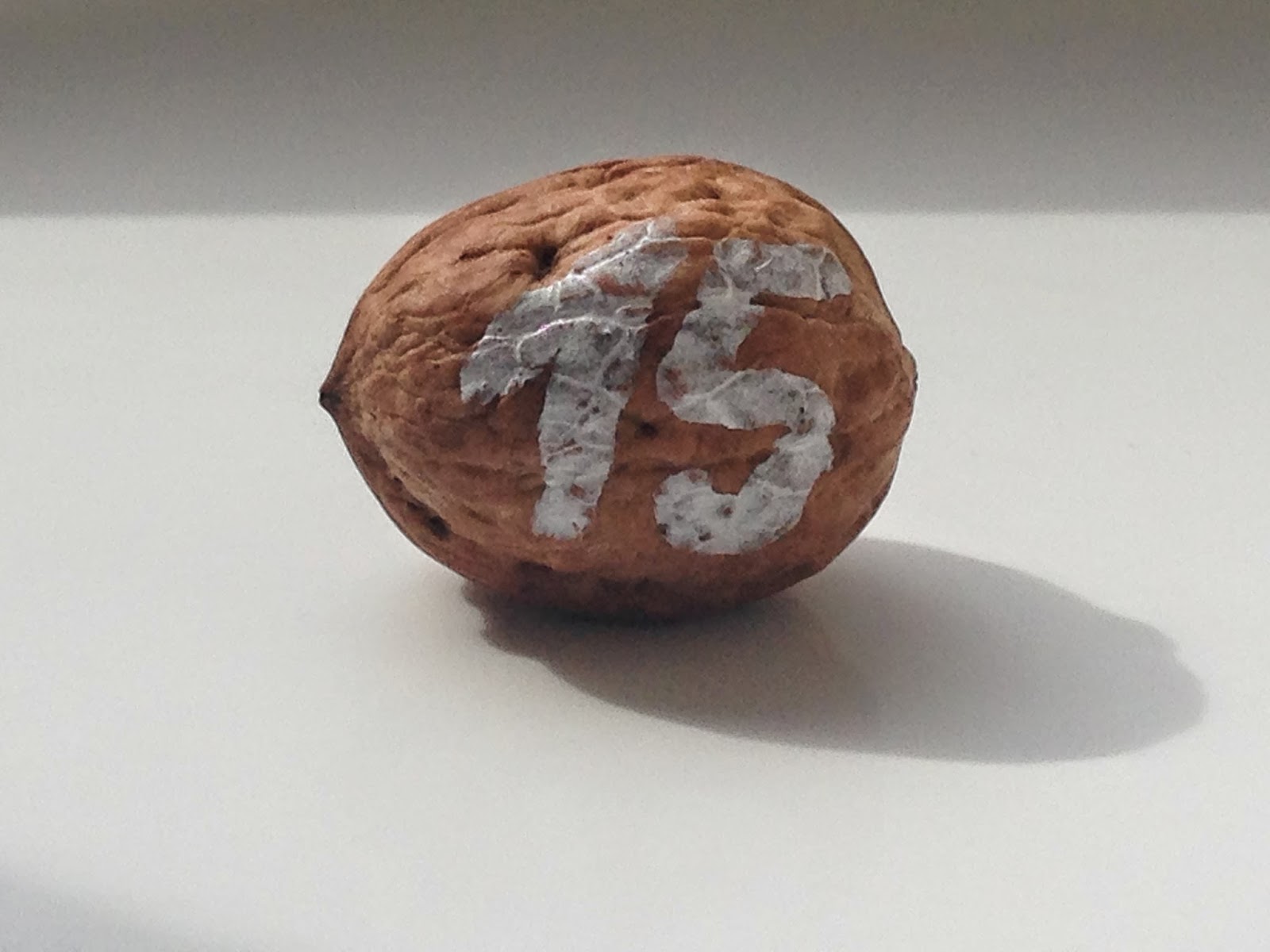A short walk from the Croatian
parliament is the Museum of Broken Relationships. Zagreb’s quirkiest museum
displays countless artefacts donated by couples from around the world symbolizing
the end of their love. The results of Sunday’s elections to the European Parliament
may make the long-standing political parties in Croatia and their voters
suitable for exhibition.
Croatian party politics has been
dominated for much of the past two and half decades by the Croatian Democratic
Union (HDZ) and the Social Democratic Party (SDP). Recent polls, however,
suggest that the combined vote for these two parties has dropped from nearly
80% in 2007 to under 60%. Still a significant figure, it nonetheless underlines
changes in the party system and highlights phenomena that we have witnessed
across Central and Eastern Europe, and are beginning to see in Western Europe
as well.
For almost two decades, Croatia’s
political party system remained stable and relatively straightforward. Goran Cular
and Nenad Zakosek’s research on voters’ attitudes finds a longstanding and
coherent divide: on one side stood nationally and religiously orientated
parties, led by the HDZ, which also expressed a slight preference for markets,
on the other side were parties led by SDP, which tended to downplay national
and religious themes and were more sceptical of market forces. The former group
dominated the 1990s, but from the turn of the century the two groups habitually
rotated in government. These overall divisions remained relatively stable even
as the nationally orientated HDZ shifted its orientation towards embracing EU
accession.
Things have changed since the
late 2000s. The longstanding parties have lost support from voters – especially
younger voters - who see them not just as too entrenched in their focus on past
conflicts, but also as tainted by clientelistic relationships. The waning
affection for the existing parties was highlighted in the 2011 elections by the
entrance into parliament of the Croatian Labourists – the Party of Labour. The new entrant drew support from both the Social
Democrats and sections of the blue-collar HDZ vote. Although the Labour Party has
now lost some of its support, its voters have not returned to their original
electoral homes. Indeed, all factions
in the current parliament have seen large parts of their electorates tempted by
the emergence of new political forces, thanks in no small part to the governing
Social Democrats’ lacklustre management of the economy, leadership struggles within
the HDZ, and a series of high profile corruption scandals in both these leading
parties.
One of the most prominent new parties
is Orah (‘walnut’ in Croatian), which
is running at above 10% in the polls and looks set to win at least one of
Croatia’s eleven seats in the European Parliament.
Orah’s appeal is based on the
popularity of its leader, Mirela Holy, a former SDP government minister who
fell out with Prime Minister Zoran Milanovic. The party mixes an
anti-establishment novelty appeal with a market-friendly ‘green’ agenda
reminiscent of that promoted by Greens in Estonia and the Czech Republic. Orah - whose full name translates as ‘Sustainable
Development for Croatia’ - seems particularly appealing to the sensitivities of
younger voters; success in the European elections may offer Holy’s party a chance
to solidify its position on the party political scene.
In other countries in Central and
Eastern Europe, such new entrants have been known to fade before they have the
chance to compete in more than one election: indeed, appeals based around
novelty tend to lose their power rather rapidly. As
we have argued elsewhere, the key to longevity lies in becoming and
remaining the standard bearer on one of the main issue divides of programmatic
competition and having a well-developed party organization. Social media can
galvanize and mobilize some voters, but parties that endure need to combine clicks
and mortar: a network of party
offices and members remains indispensible for long-term success.
It is unwise to read too much into
the results of European parliament elections, but as the cases of Slovakia and Slovenia
are likely to highlight, they are, more often than not, rehearsals for
forthcoming national elections: new parties can use such elections as a way of
building up their profile, demonstrating their dynamism, and forging
relationships with voters. On Sunday, some Croatian voters will cast their
ballots for Orah; the challenge will be to persuade voters to choose it again
in subsequent elections. Otherwise, the
Museum of Broken Relationships might see a walnut on display alongside the symbols
of Croatia’s older parties.

No comments:
Post a Comment